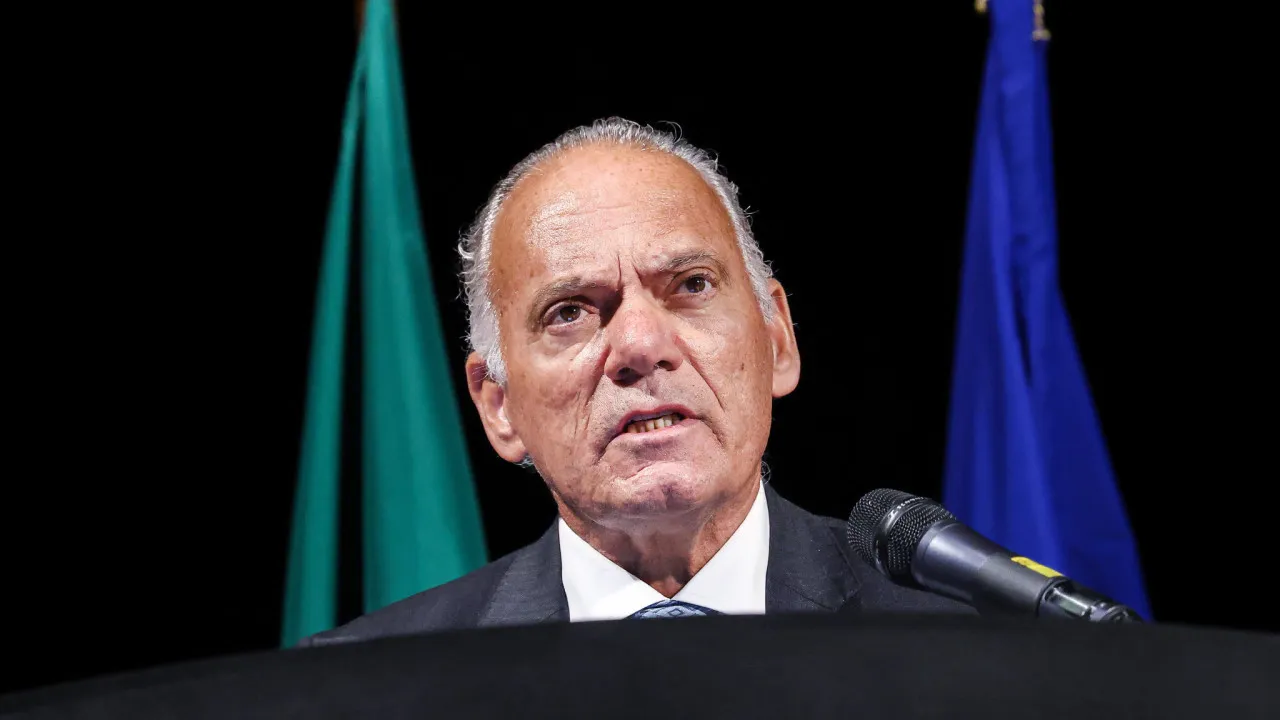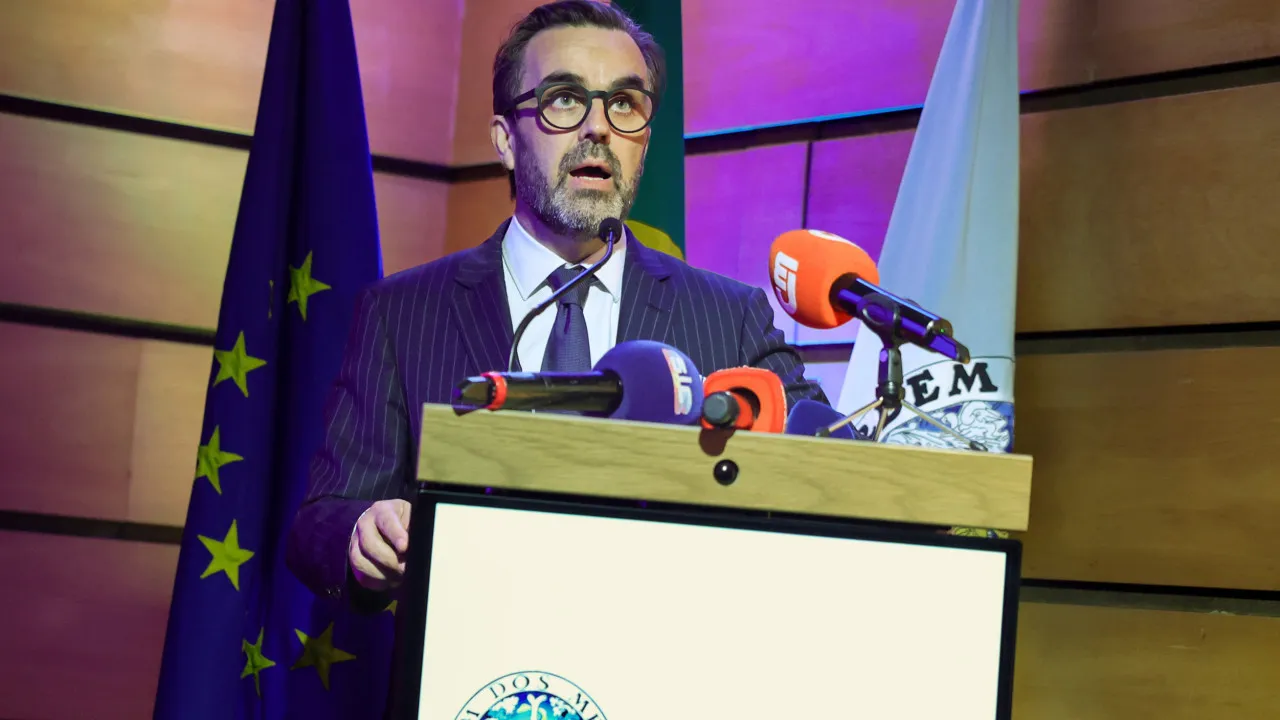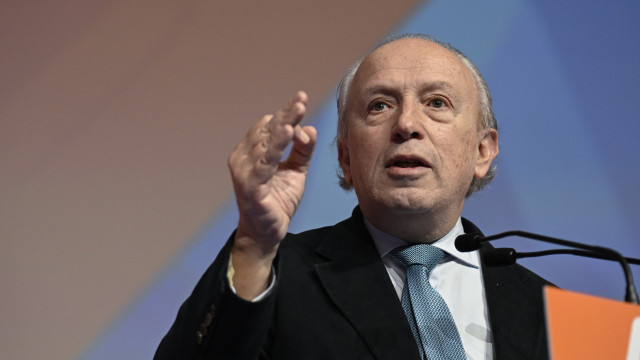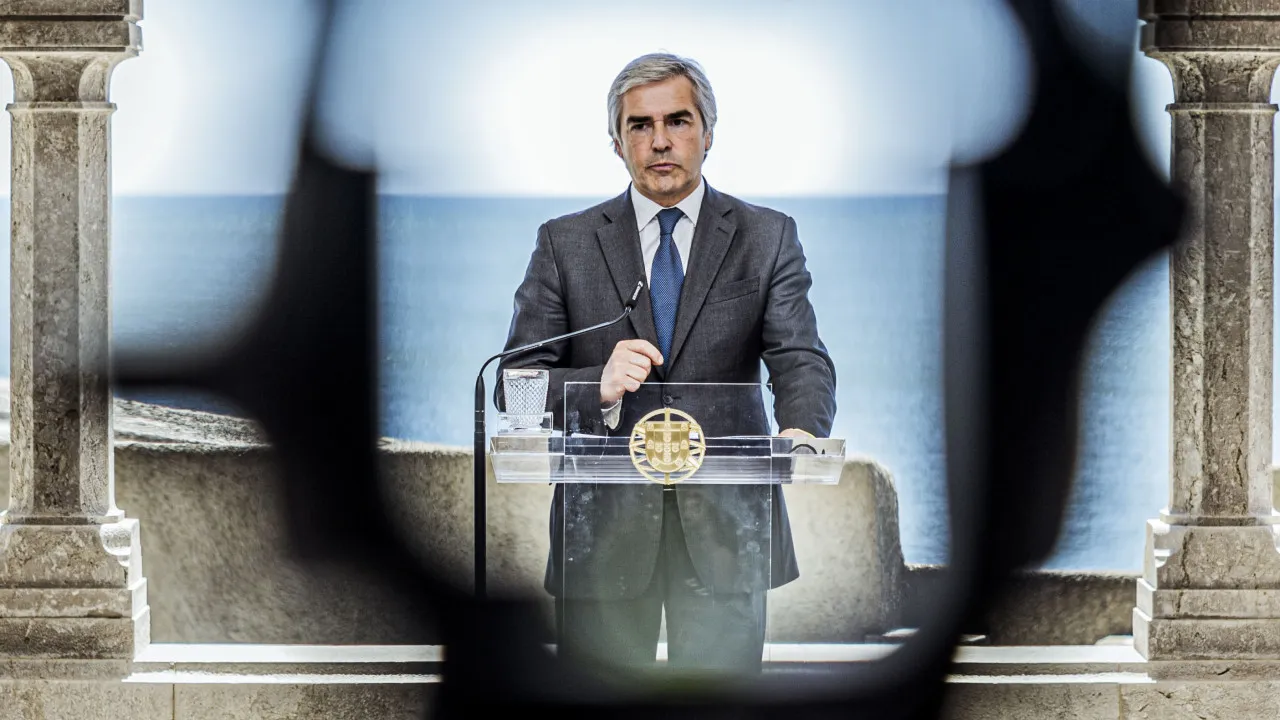Portuguese and foreigners take advantage of mini-vacations and give encouragement to the sector’s entrepreneurs, who register higher occupancies than in 2019. English, German and French reinforce demand.
The beginning of the year for tourism in the country is made of good winds and full houses. The scenario for the coming months is uncertain and the threat of a drop in consumer purchasing power, because of rising prices, anticipates caution. But, for now, the hotels have filled up with tourists this Carnival weekend and the higher prices have not kept the guests away.
“Bookings are very positive, considering the times of inflation we are experiencing. Right now, if we consider the units of the entire group, reservations have reached 70%. If we compare it to 2019, we are up 15%. Already the rates are 10% more expensive than last year,” frames the communication manager of the Real Hotels Group, André Pereira. The hotel group, which has a portfolio of 17 units in Porto, Lisbon and the Algarve, assumes that the beginning of 2023 is being positive for the operation with the results of the last month of January to overcome, in double, the indicators of last year.
The first quarter of 2022 was still marked by the effects of the pandemic and tourism only began its recovery path in April, on the back of Easter. “We were already anticipating a better performance in the first quarter of this year compared to last year, taking into account the calendar effect, but also the fact that there is no longer any impact from the pandemic,” admits Vila Galé’s director.

Gonçalo Rebelo de Almeida says that the occupancy rate in the 27 hotels that the group owns in the country will be fixed at 60% between February 17 and 21. The domestic market is one of the main customers, but British and German tourists also flocked to the tourist accommodations in the country during this period, as well as the French and the Spanish.
Full House Wood
Also in Madeira are expected good results and a demand greater than the mainland. The regional government has invested 450 thousand euros in the carnival celebrations that started last Wednesday and will last until next Sunday, the 26th. The parades and the traditional float parade on the Funchal waterfront are some of the attractions that attract tourists and fill hotels.
“This Carnival, occupancy in the six Savoy Signature units is proving to be very positive, both in Funchal and Calheta. We are registering occupancy rates of 85% in the hotels as a whole, with a 25% increase in bookings, compared to 2019,” points out the sales manager of Savoy Signature, which owns six hotels in Madeira with 1300 rooms.

Graça Guimarães adds that guests’ stays vary according to where they come from. The regional market takes advantage of the weekend by booking two nights. National tourists stay between two and four nights and foreigners take advantage of longer vacations during this period, which can extend up to seven nights. In terms of customer profile, the responsible highlights, compared to last year, “a greater diversification of markets, a younger age group and a slight reduction in the average stay”.
Optimism for Easter
A little over a month away is Easter, another season of great demand in the national hotel industry. For most managers, the demand is still timid but the expectations in the last minute reservations make anticipate optimism. “Compared to 2022, a year in which the occupancy rate equaled and, in some cases, exceeded the results of 2019, the demand for the Easter season, in 2023, is currently slightly lower,” adds the spokesperson of the Madeiran group. The Real Hotels Group expects the hotels to be nearly full, with a 93% occupancy rate, 5% above the same period’s bookings.
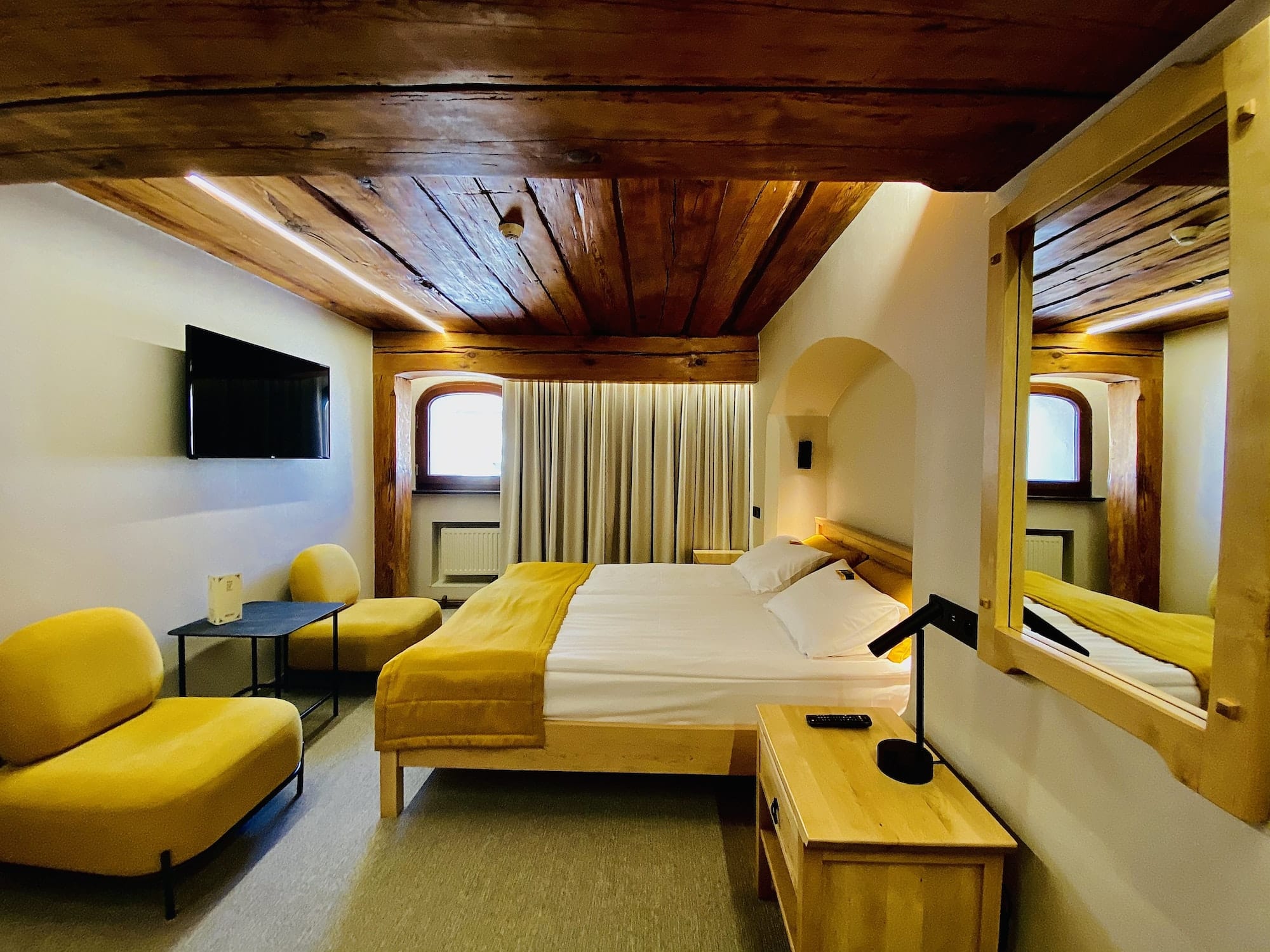
At Vila Galé the reservations follow the same line, but should grow in the coming weeks. “We currently have an occupancy rate of 50%, but we hope to reach 85%. The main markets this year are, for now, the national, British, German, Spanish and Irish markets. As for prices, they are also in line with last year’s”, says Gonçalo Rebelo de Almeida. Vila Galé’s administrator says he still expects “a summer in line with 2022”, but points out the sector’s obstacles. “At this stage, the evolution of food and energy prices, due to high inflation and the continuity of the war, the rise in interest rates, which can impact the disposable income of families, and the management of human resources are the main challenges that we will have to respond to.”
Alexandre Pereira, meanwhile, expects peak season indicators to outperform last year’s operation. “People are booking further in advance, because we already have reservations for the next eight months, which didn’t happen so often before. The group business is also picking up, now that in-person is once again a necessity,” explains the head of the Real Hotels Group.

